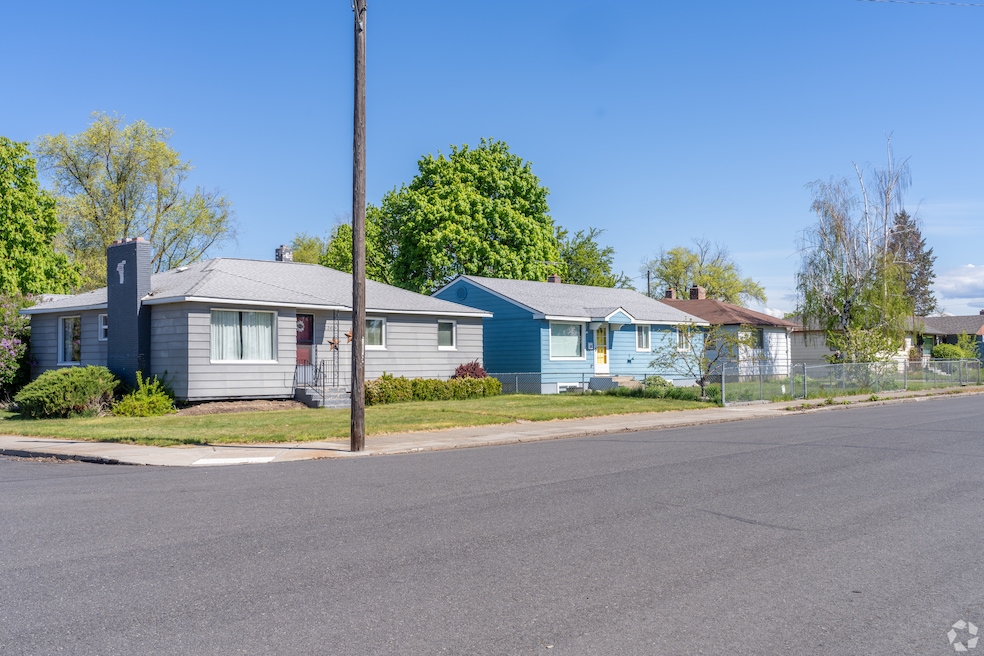At the risk of sounding like a broken record: Mortgage rates are stuck.
As of Thursday, the 30-year, fixed-rate mortgage averaged 6.74%, according to Freddie Mac, which buys loans from banks, bundles them into securities and sells them. It's barely down from last week's 6.75% and last year's 6.78% during the comparable week.
The 15-year, fixed-rate mortgage average showed more movement — down to 5.87% from 5.92% last week and 6.07% last year.
Daily measures of mortgage rates showed a similar stagnation. As of Wednesday, the 30-year, fixed-rate mortgage was up 0.01 of a percentage point to 6.78%.
The 15-year, fixed-rate daily mortgage measure also showed a 0.01 percentage point increase. It was at 6.04% as of Wednesday.
Next week's economic data could influence mortgage rates
One reason rates showed little movement this week is because there wasn't much economic data to influence the market. Next week is a different story, though.
There will be new data on consumer confidence, the job market and gross domestic product. On July 31, the Federal Reserve’s preferred measure of price growth will be updated, too.
Perhaps most importantly, though, the Fed is set to convene on Tuesday and Wednesday to discuss the current rate environment and where things are headed. While the central bank doesn’t set mortgage rates or directly influence the mortgage market, its decisions and actions send ripples through the economy that eventually reach the mortgage industry.
That said, next week’s meeting, and specifically the commentary that comes from it, has the potential to move mortgage rates. Economists largely expect the Fed won’t lower interest rates, and that could leave mortgage rates in the lurch, they say.
Melissa Cohn, regional vice president at William Raveis Mortgage, for example, said ongoing geopolitical and economic uncertainty is precluding a rate cut by the Fed, and that’s going to keep the mortgage industry stuck.
“There’s no magical solution [to bringing rates down],” she said in a statement. “We all had expected that rates were going to start coming down, but every time we think rates are dropping, we run into a circumstance where the opportunity has been lost due to a geopolitical issue, due to something going on with tariffs, or the new tax bill.”
Economists say 6% rate is the magic number for buyers
The recent run-up in mortgage rate averages has kept borrowers on the sidelines, too.
Applications for mortgages and refinances have mostly stagnated in recent weeks in response to higher borrowing costs, according to data from the Mortgage Bankers Association.
It’s a trend that leaves the question: What rate would bring buyers back to the market?
Economists at the National Association of Realtors say 6%. At that rate, the median-priced home would become affordable for roughly 5.5 million more households, they said during a presentation last week.
The way things are going now, though, it’s unlikely that we’re anywhere close to a 6% mortgage, and even if we are, there are other factors to contend with, Lisa Sturtevant, chief economist at Bright MLS, said in a statement.
“But today’s report from Freddie Mac, along with other economic data suggesting that the Fed will not be cutting rates in the near-term, strongly suggests that rates are not going to be anywhere close to hitting 6% this year,” she said. “While 6% might seem to be a magic number for the housing market, there are a lot of other factors that are driving home buying and selling decisions in this shifting market.”
Fannie Mae, on the other hand, suggested on Thursday that mortgage rates could end this year at 6.4%. The mortgage giant said it expects rates to reach the 6% threshold by the end of 2026.

